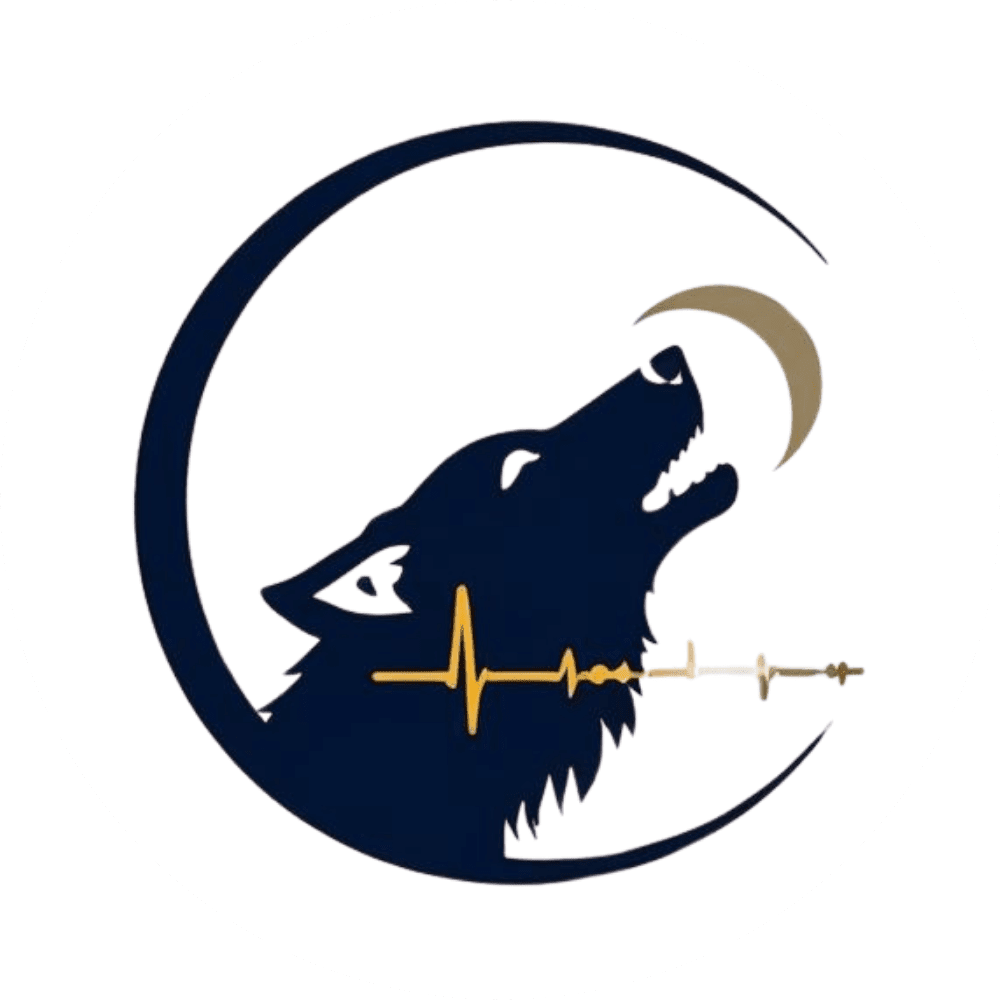Reclaiming the Inner Voice: A Teen’s Guide to Mental Wellness and Self-Discovery

Posted on March 29, 2025
Imagine navigating your teenage years not as a blur of pressure and confusion, but as a bold journey of self-discovery—a time where you begin to understand your inner world, cultivate resilience, and step into your truth with clarity and courage. These are the years where identity is shaped, voices are found, and emotional storms begin to form patterns that can either root us or unravel us. And yet, it is in this fragile chaos that the deepest healing and empowerment can be born.
Because teen wellness isn't just about "getting through it"—it's about learning how to feel through it, to question, to heal, and to grow. And that takes tools, guidance, and space to just be.
Understanding the Teenage Mind
The teenage brain is still under construction. Literally. Emotional regulation, decision-making, and identity formation are all taking place behind the scenes, often explaining the highs and lows that teens experience. But far too often, we forget that emotional pain at this age isn't just a "phase." It's a signal—an invitation to slow down and understand what’s really going on inside.
When left unheard, emotions can build up like static. And if teens aren’t given the space, language, or support to express what they’re feeling, that static can become overwhelming. This is where emotional literacy becomes powerful—learning to name, validate, and explore emotions without fear or shame.
The Power of Naming Emotions
Emotional regulation starts with awareness. What if teens were taught that being overwhelmed doesn’t mean they’re weak? That anxiety isn't something to hide, but a message from the nervous system asking for gentleness?
By simply asking “What am I feeling right now?” and sitting with the answer—without judgment—a teen begins to foster a sense of agency over their internal world. This shift alone can redirect a moment of breakdown into one of breakthrough.
Try journaling using prompts like:
- What emotions did I feel most today?
- When did I feel most like myself?
- What do I need more or less of right now?
Community and Connection as Lifelines
One of the most protective factors for teen mental health is connection. Whether it’s through friendships, family, mentors, or community spaces—being seen, heard, and supported can reduce the weight of isolation.
But connection starts with vulnerability, which can feel terrifying in a world that often rewards performance over authenticity. That’s why safe spaces are critical—places where teens can show up as their full selves without fear of rejection or ridicule.
Schools, youth centers, and digital communities have the potential to be these spaces, but it also takes educators, caregivers, and peers committed to showing up with compassion and curiosity—not just discipline.
Mental Health and Identity
For teens who are BIPOC, LGBTQ+, or part of other marginalized communities, mental health often intersects with identity in complex and painful ways. Navigating racism, homophobia, or gender bias while growing into one’s self is a heavy task—one that demands culturally affirming mental wellness resources and representation.
That’s why inclusive psychoeducation matters. When teens see themselves reflected in mental health conversations, the shame begins to dissolve. They begin to understand that they’re not alone, that their struggle isn’t a personal failing—but often a response to living in a world that hasn’t always made space for their wholeness.
Building Emotional Resilience Through Practice
Resilience isn’t about being unaffected. It’s about developing the emotional muscle to recover, rebuild, and reach out. Mindfulness, grounding techniques, and coping rituals help teens return to themselves when life gets loud.
Simple tools like:
- Deep breathing (in through the nose, out slowly through the mouth)
- Name-3 grounding practice (Name 3 things you see, 3 you hear, 3 you feel)
- Creating music, movement, or art as emotional release
…can help teens learn how to regulate without suppression.
Final Reflection: Letting Teens Be Whole
Healing begins when we allow teens to be whole humans—not projects to fix or problems to manage, but vibrant, growing souls who are learning to navigate a complex world. Teen mental health is not an afterthought. It’s the foundation of our future.
Let us build systems, tools, and spaces that reflect that truth.
If you’re a teen or someone who supports them, remember this: your voice matters. Your story is sacred. Your healing is possible. And you are not alonePosted on March 1, 2025
Contact Us
"Healing Starts Here — Join the Pack."
We’re here to support you on your mental wellness journey with culturally grounded tools, affirming resources, and real talk that meets you where you are. Fill out the form below to stay connected. Your healing matters — and you don’t have to do it alone.
